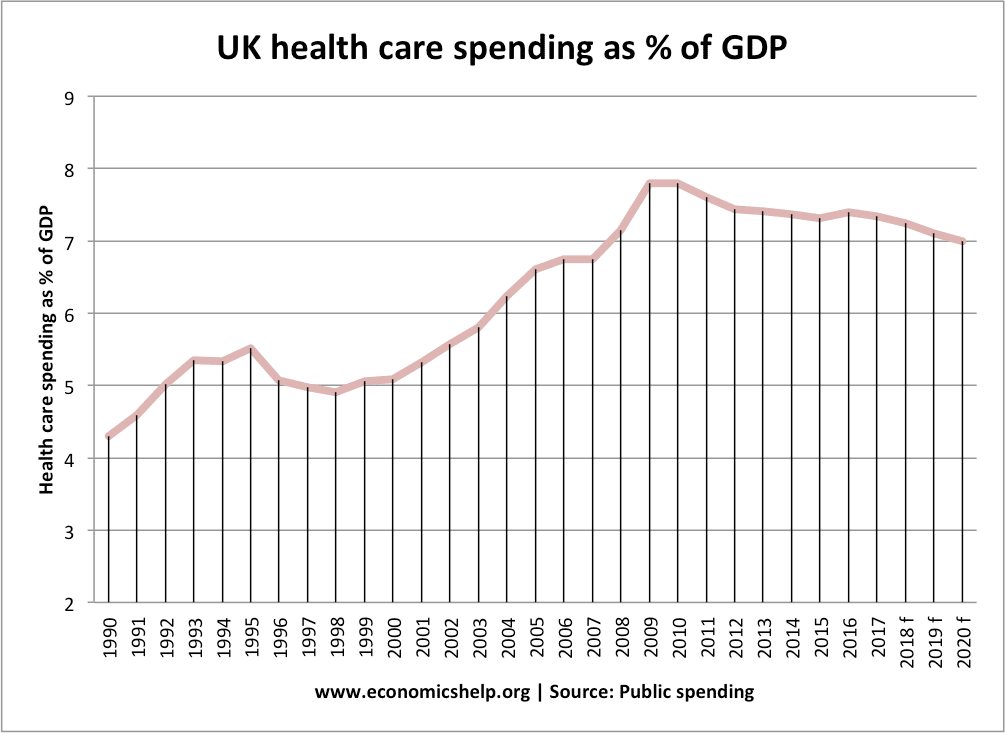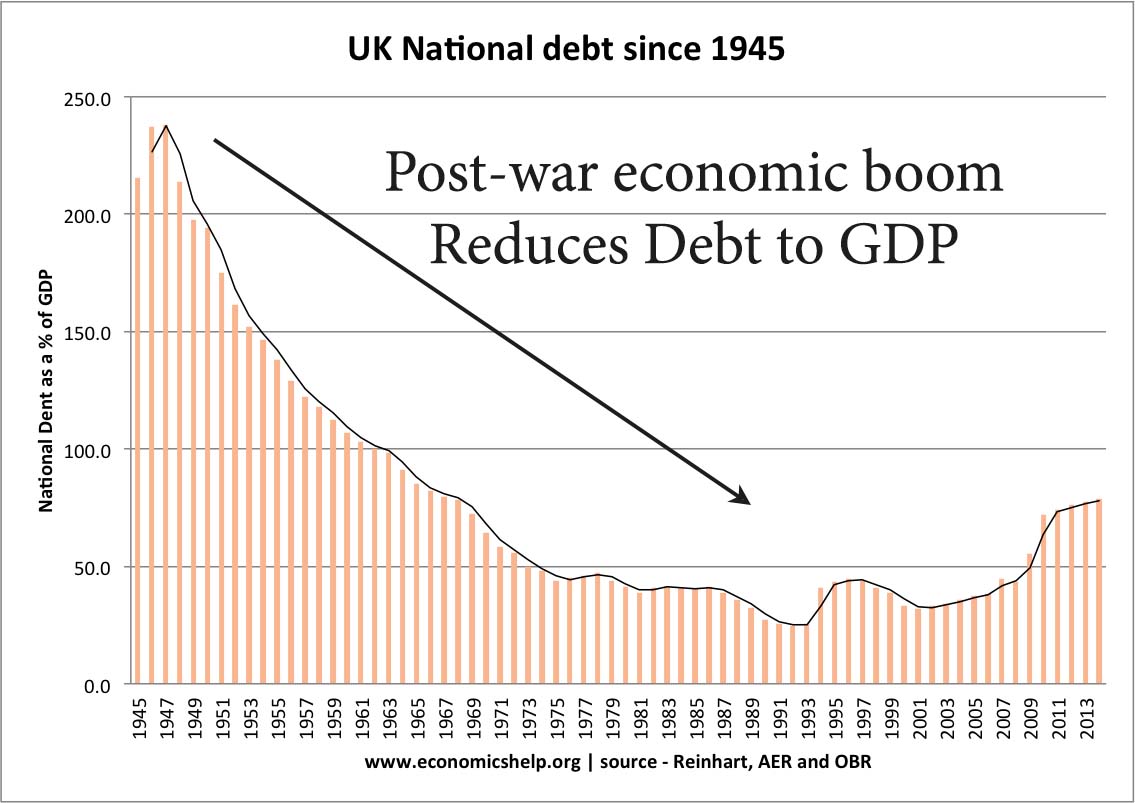Demand Management Policies
Demand management policies are efforts to influence the level of aggregate demand (AD) in an economy. The two main types of demand management policies are: Monetary Policy Fiscal Policy To some extent, the exchange rate could be used to influence aggregate demand, but in practice, it is rarely used as a tool to influence aggregate …


